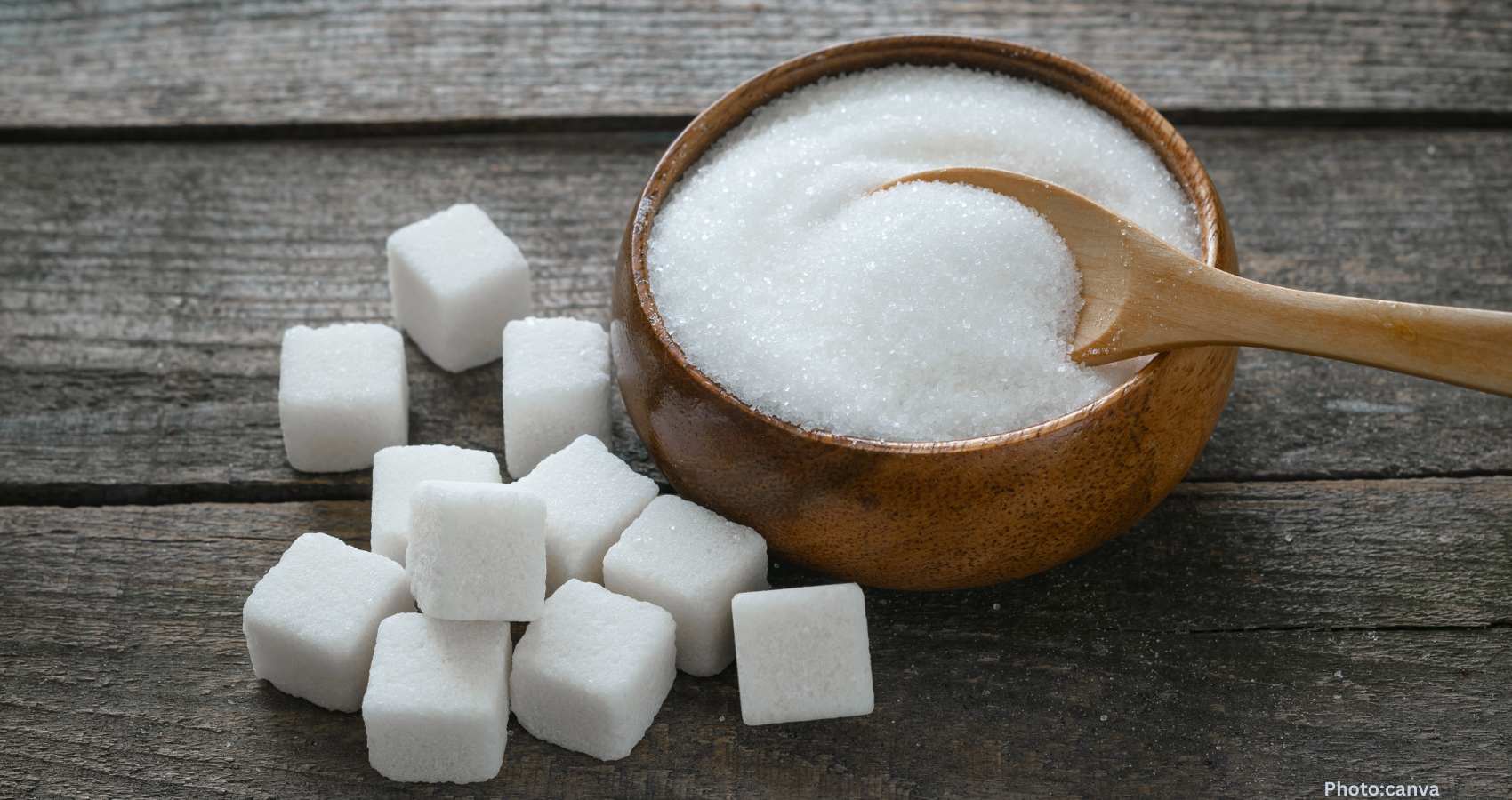A recent study suggests that sucralose, a common artificial sweetener, may diminish the effectiveness of cancer treatments, although supplementation could help mitigate these negative effects.
A new study has raised concerns about the impact of sucralose, a widely used artificial sweetener, on the effectiveness of cancer treatments. Researchers from the University of Pittsburgh and UPMC Hillman Cancer Center found that sucralose could interfere with immunotherapy in cancer patients.
The study involved 132 patients diagnosed with melanoma, a particularly aggressive form of skin cancer, and non-small cell lung cancer, the most prevalent type of lung cancer. All participants were undergoing treatment with anti-PD1 immunotherapy, either alone or in combination with chemotherapy. They completed dietary questionnaires that assessed their consumption of artificial sweeteners.
Findings indicated that patients who consumed high amounts of sucralose experienced a “worse response” to immunotherapy and had “poorer survival” rates compared to those who consumed lower levels of the sweetener. Senior author Diwakar Davar, an associate professor of medicine at the University of Pittsburgh and a medical oncologist at UPMC Hillman Cancer Center, noted, “We found that sucralose impeded the effectiveness of immunotherapies across a range of cancer types, stages, and treatment modalities.”
Published in the journal Cancer Discovery, the research highlights the potential implications of dietary choices on cancer treatment outcomes. The study’s authors suggest that there may be a need for targeted nutrient supplementation, such as prebiotics, for patients who consume high levels of sucralose.
Interestingly, the researchers also discovered that supplementation with the amino acid arginine could counteract the adverse effects of sucralose and enhance the effectiveness of immunotherapy. This was demonstrated in a separate study involving mice, where arginine supplementation improved immunotherapy outcomes.
Lead author Abby Overacre, an assistant professor in the Department of Immunology at the University of Pittsburgh and UPMC Hillman Cancer Center, emphasized the challenges faced by cancer patients regarding dietary changes. “It’s easy to say, ‘Stop drinking diet soda,’ but when patients are being treated for cancer, they are already dealing with enough, so asking them to drastically alter their diet may not be realistic,” she stated. “We need to meet patients where they are. That’s why it’s so exciting that arginine supplementation could be a simple approach to counteract the negative effects of sucralose on immunotherapy.”
The study found that sucralose altered the gut microbiome in a way that reduced levels of arginine, an amino acid crucial for T-cell function, which is vital for the effectiveness of immunotherapy drugs. Overacre explained, “When arginine levels were depleted due to sucralose-driven shifts in the microbiome, T cells couldn’t function properly. As a result, immunotherapy wasn’t as effective in mice that were fed sucralose.”
Looking ahead, the researchers plan to initiate a clinical trial to investigate the effects of arginine supplementation in human cancer patients. They also aim to explore how other sugar substitutes may impact the effectiveness of immunotherapy.
The study received support from the National Institutes of Health, the Damon Runyon Cancer Research Foundation, and Gateway for Cancer Research.
In response to the study, Carla Saunders, president of the Calorie Control Council, emphasized the importance of consulting healthcare professionals for guidance. “For people undergoing cancer treatment, all guidance should come from their healthcare team,” she stated. She also noted that the study has limitations, including its reliance on animal research and a small observational study in humans that utilized self-reported dietary data, which can be prone to inaccuracies. “While continued research is critical, scientific regulatory authorities worldwide, including the FDA, have repeatedly confirmed sucralose’s safety for decades,” she added.
As research continues, the implications of dietary choices on cancer treatment remain an important area of investigation.
Source: Original article

